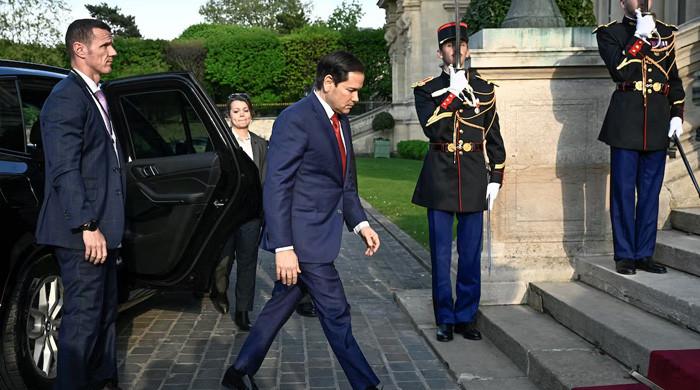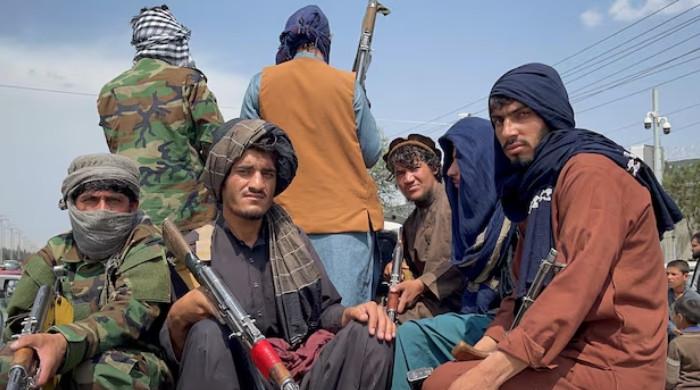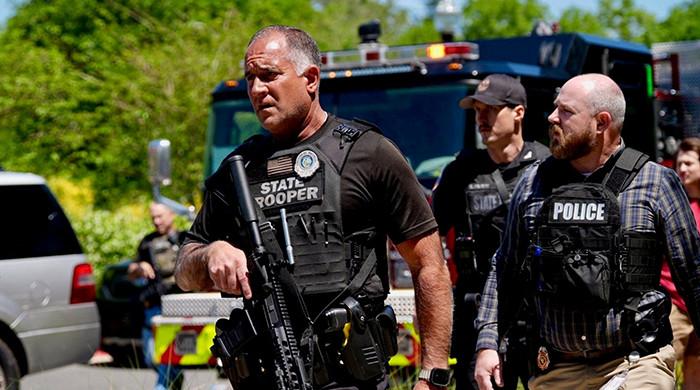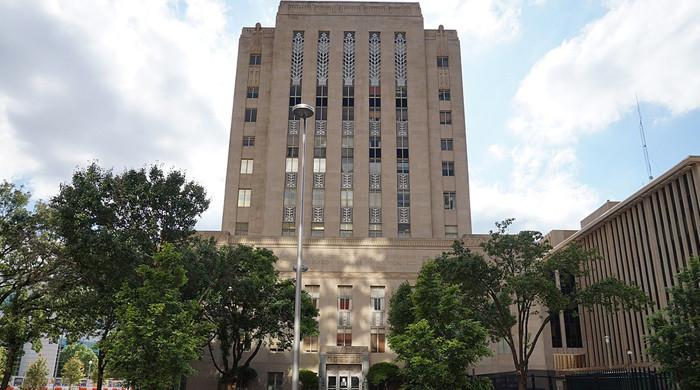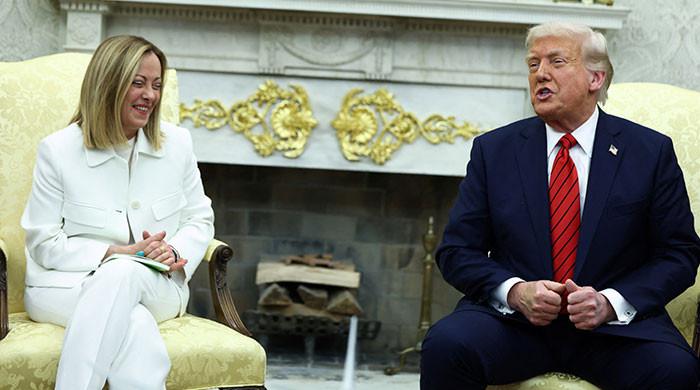OIC voices concerns over Indian citizenship law targeting Muslims
'OIC reiterates its call to ensure the safety of Muslim minority and the protection of Islamic holy places in India'
December 23, 2019
The Organisation of Islamic Cooperation (OIC) has expressed serious concern over India’s controversial Citizenship Amendment Act (CAA) and the Babri Masjid verdict affecting the Muslim population in India.
The contentious law, passed by Indian parliament on December 11, aims to grant citizenship to minorities of the Hindu, Buddhist, Christian, Sikh, Jain and Parsi faiths from Muslim-majority Afghanistan, Pakistan and Bangladesh, deemed as suffering persecution there.
Critics of the law say it discriminates against Muslims and threatens India’s secular ethos because it makes religion a criteria for citizenship. Over 20 people have been killed in the countrywide protests since the passage of citizenship law.
Muslim countries specially Pakistan and Malaysia have criticised the Indian government over the move.
The organisation of Muslim countries in a statement issued on Sunday said, “The General Secretariat of the Organisation of Islamic Cooperation has been following recent developments affecting Muslim minority in India. It expresses its concern over the recent developments pertaining to both the issue of citizenship rights and the Babri Masjid case. It reiterates its call to ensure the safety of the Muslim minority and the protection of Islamic holy places in India.”
“The General Secretariat reaffirms the crucial importance of upholding the principles and obligations enshrined in the Charter of the United Nations and relevant international covenants that guarantee the rights of minorities without any discrimination," it said.
"In this regard, any action, contrary to these principles and obligations, may lead to further tensions and may have serious implications on peace and security across the region," the statement further added.
Read also: Malaysian PM condemns new citizenship law in India as death toll rises in clashes
'Law not anti-Muslim'
Addressing a rally in New Delhi on Sunday, Modi said the new act was not anti-Muslim. “The law does not impact 1.3 billion Indians, and I must assure Muslim citizens of India that this law will not change anything for them.”
“We have never asked anyone if they go to a temple or a mosque when it comes to implementing welfare schemes,” he said.
Read also: Modi says citizenship law not anti-Muslim as protests continue across India
Citizenship law 'discriminatory' against Muslims: UN
The United Nations human rights office has also voiced concern on India’s new citizenship law and termed it is as “fundamentally discriminatory in nature” by excluding Muslims and called for it to be reviewed.
“We are concerned that India’s new Citizenship (Amendment) Act 2019 is fundamentally discriminatory in nature,” UN human rights spokesman Jeremy Laurence said.
“We understand the new law will be reviewed by the Supreme Court of India and hope it will consider carefully the compatibility of the law with India’s international human rights obligations,” Laurence added.
Read also: Hundreds arrested in India during days of protests over citizenship law
Indian SC gives disputed Babri Mosque land to Hindus
The Indian Supreme Court on November 9 ruled that the disputed Babri Mosque land should be given to the Hindus.
The top court also directed that an alternate land be provided to Muslims as a replacement for the destroyed Babri Mosque. The dispute centered around who should control the land upon which lie the ruins of the 16th-century Babri Mosque, destroyed by a Hindu mob in 1992.
The destruction of the mosque triggered religious riots in which about 2,000 people, most of them Muslims, were killed across the country and led to a series of court battles with various groups staking claim to the site.




